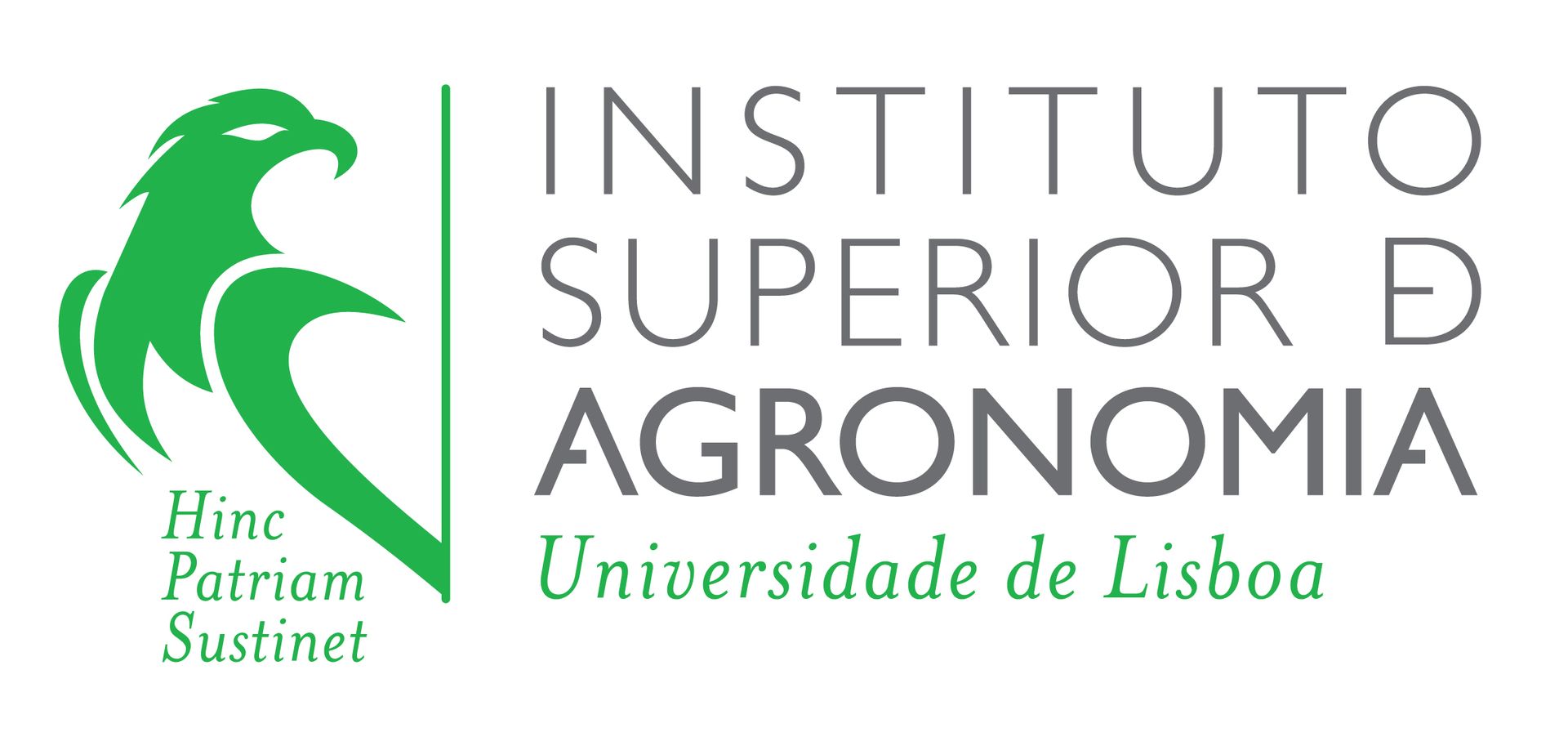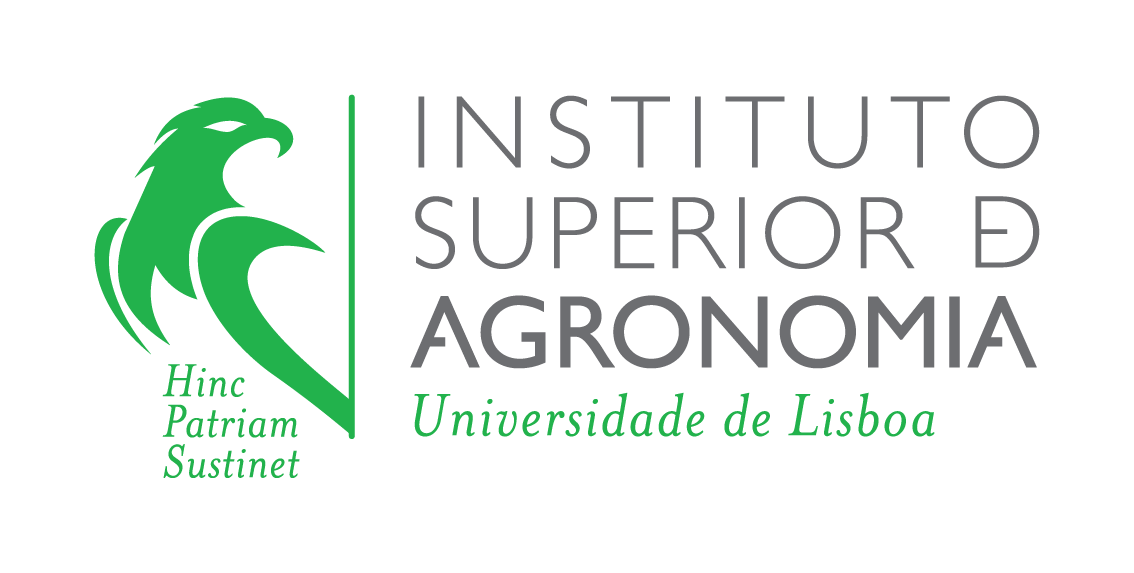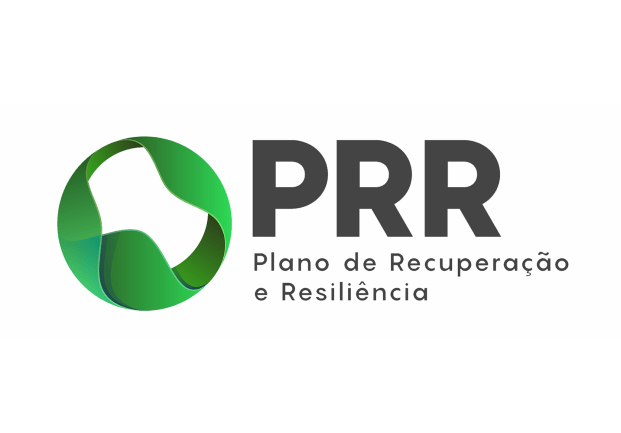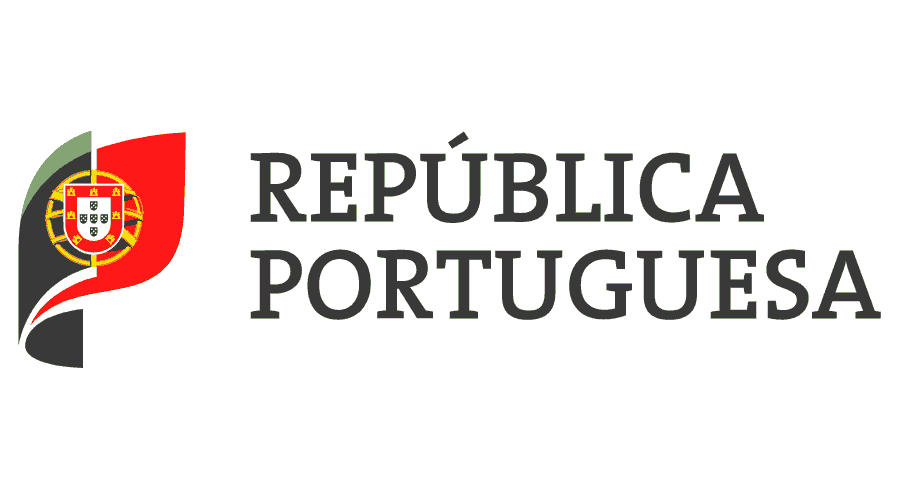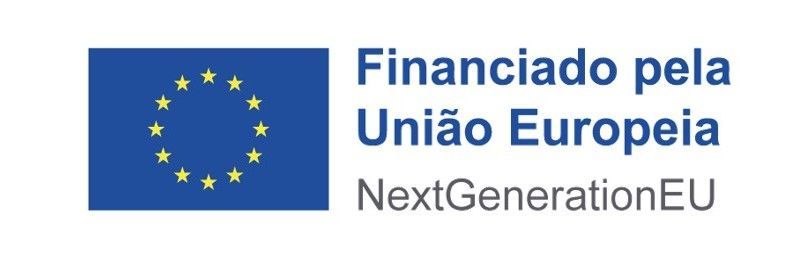Fim das inscrições em:
The objective of this course is not limited to helping students understand how the current paradigm works and how to operate within the existing structures that prioritize market forces and encourage short-term economic growth at the expense of people and nature.
Rather, it addresses the roots of coffee farming, agriculture, production, and labor. We must begin with the deep origins of the current material reality to return to the surface, coffee farming, to recognize its social and natural composition and understand why it exists and how it came to exist.
This exercise serves to imagine a new paradigm focused on the needs and goals of people that engage with it, and to build the tools and structures necessary to make it a reality.
Objetivos
Develop tools to analyze the realities and interpret events related to coffee production systems and commodity chains; participate in the chain in a more empathetic, strategic, and collaborative manner based on knowledge of the interests, needs, and resources of other chain actors.
Destinatários
This course is directed toward those interested in deepening their understanding of the processes and dynamic forces and interests that govern the connections between tropical agricultural labor and consumers, through commodity chains, in this case, that of coffee.
Students interested in topics such as agricultural economics, international trade, and international political economy.
Actors in the coffee chain who want to better appreciate the nuanced implications of their activities and gain tools to analyze the changing environments in which they operate. The target audience may include, for example, roasters, coffee buyers, exporters and importers, coffee chain company owners, and public sector employees or NGOs with an interest in coffee farming or trade.
Requisitos
Basic knowledge on arithmetic and algebra concepts
Candidaturas
Opens - 2 july 2025
Closes - 25 august 2025
Quero Candidatar-me!
Coordenação e Formadores
Coordenadores: Karl Wienhold
Luís Goulão (ISA)
Formadores: Karl Wienhold
Felipe Orioli, ISEG
Informações
-
Tipo de CursoItem de lista 1
Cursos de pós-graduação
-
Funcionamento
Online
-
DuraçãoItem de lista 2
30h
-
Data do InicioItem de lista 3
01/09/2025
-
Data do FimItem de lista 4
24/09/2025
-
Regime
Pós-laboral
-
Horário
Mondays, Wednesdays, and Fridays (September 1st to 19th), with closing session on September 24th; 5:00 PM–8:00 PM.
-
Créditos
Não confere
-
Avaliação
Essay: reflection, analysis, or literature review
-
Vagas
30
-
Preço
600€
100€ para estudantes do ISA (máx. 5 vagas)


